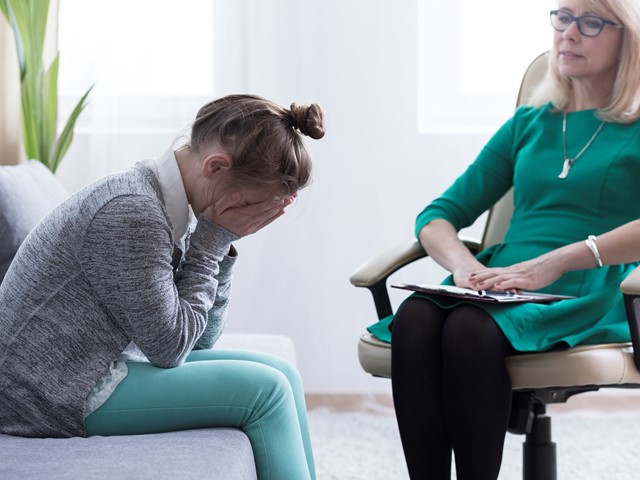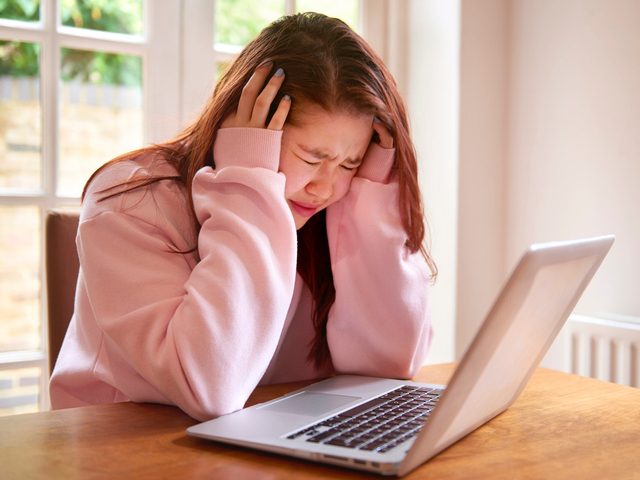Mental health includes our emotional, psychological and social well-being. It affects the way we think, feel and act. It also helps us determine how we handle stress, relate to other people and make decisions. Mental health is important at all stages of life, from childhood and adolescence through adulthood.
Mental health is important because it can help you:
- Cope with life’s stresses
- Be physically healthy
- Have healthy relationships
- Contribute meaningfully to your community
- Work productively
- Reach their full potential
Your mental health is also important because it can affect your physical health. For example, mental disorders can increase your risk of physical health problems, such as stroke, type 2 diabetes and heart disease.
What factors can contribute to having a mental health problem?
During your lifetime, if you have mental health problems, your thinking, mood and behavior may be affected. Many factors contribute to mental health problems, including:
- Biological factors, such as genes or brain chemistry.
- Life experiences, such as trauma or abuse
- Family history of mental health problems
- Your lifestyle, such as diet, physical activity and substance use
Mental health problems are common, but help is available. People with mental health problems can get better and many recover completely.
What are the signs of having a mental health problem?
When it comes to your emotions, it can be hard to know what’s normal and what’s not. But mental health problems do have warning signs, such as:
- Changes in your eating or sleeping habits.
- Isolating yourself from people and activities you enjoy
- Having little or no energy
- Feeling empty or like nothing matters
- Having unexplained aches and pains
- Feeling helpless or hopeless
- Smoking, drinking, or using drugs more than usual
- Feeling unusually confused, forgetful, angry, upset, worried, or frightened
- Having severe mood swings that cause problems in your relationships
- Having thoughts and memories that you can’t get out of your head
- Hearing voices or believing things that are not true
- Thinking about hurting yourself or others
- Not being able to perform daily tasks such as caring for your children or going to work or school.
How do I keep my mental health?
This means spending time doing things that help you live well and improve your physical and mental health. When it comes to your mental health, self-care can help you manage stress, lower your risk of disease and increase your energy level. Even a few small actions to take a little time for yourself in your daily life can make a big impact. For more information, visit Health well being, where they discuss various subjects such as mental health.

The following are some tips to help you start taking care of yourself:
Exercise regularly. As little as 30 minutes of daily walking can help improve your mood and health. If you can’t do 30 minutes at one time, don’t get discouraged! Do small amounts of exercise throughout the day and it will add up.
Eat healthy foods and meals regularly, and stay hydrated. A balanced diet and plenty of water can increase your energy level and alertness throughout the day. Also, limit caffeinated beverages, such as soda or coffee.
Make sleep important. Set a schedule and make sure you get enough sleep. The blue light emitted by various devices and screens can make it more difficult to fall asleep. So reduce your exposure to blue light from your phone or computer before bedtime.
Try practicing a relaxing activity. Explore various relaxation or wellness programs or mobile apps that may incorporate meditation, muscle relaxation or breathing exercises. Schedule a regular time for these and other healthy activities you enjoy, such as writing in a journal.
Set goals and priorities. Decide what needs to be done now and what can wait. Learn to say “no” to new tasks if you start to feel like you are taking on too much. Try to keep in mind what you have accomplished at the end of the day, rather than what you have not been able to do.
Practice gratitude. Remind yourself daily of things you are grateful for. Be specific. Write them down at night or repeat them mentally.
Focus your attention on the positive things. Identify and challenge your negative and unhelpful thoughts.
Stay in touch. Reach out to friends or family members who can offer emotional support and practical help.
Self-care is different for everyone and it is important to find out what you need and enjoy. It may be necessary to try different things until you discover what works best for you. Also, while self-care is not a cure for mental illness, understanding what causes or triggers your mild symptoms and what coping techniques work for you can help you take care of your mental health.





